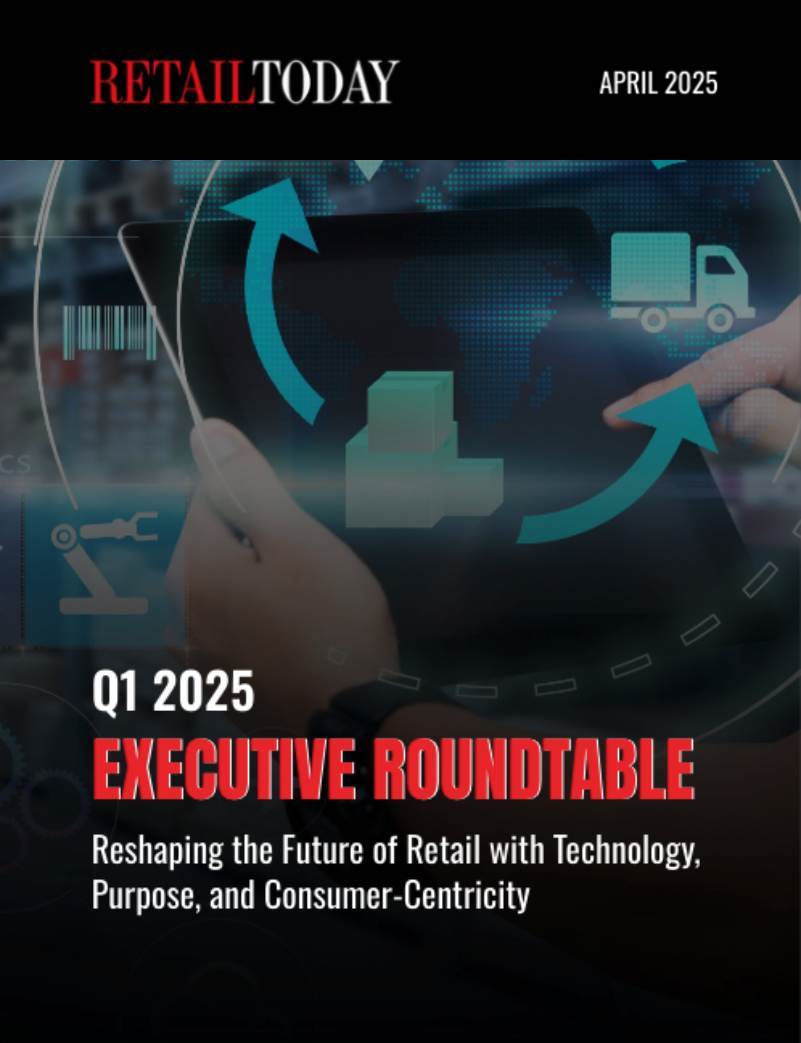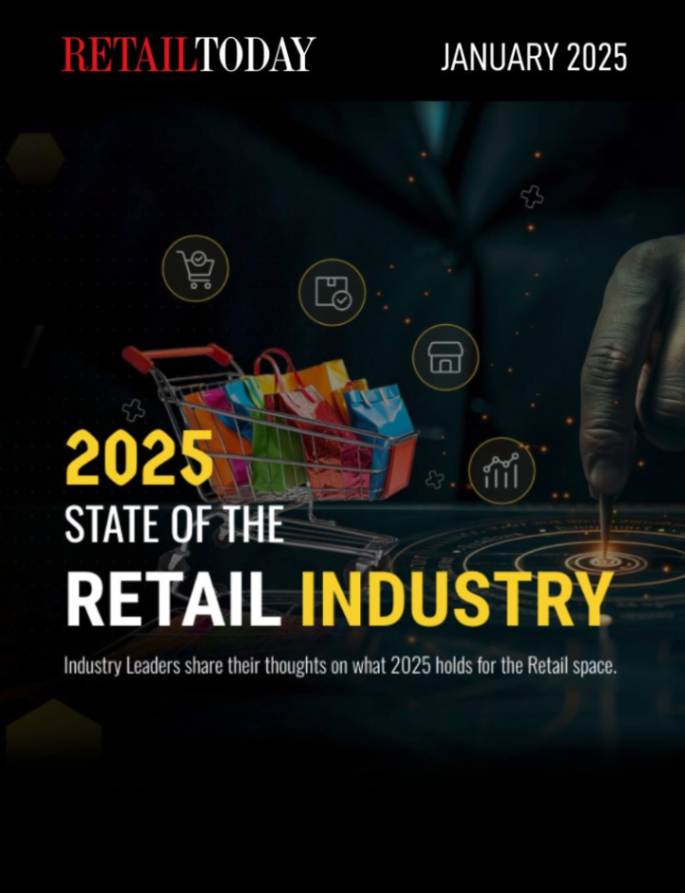
Jitterbit, a global leader for empowering transformation through automation, has revealed the results of its latest in-depth targeted study, ‘eCommerce Marketplace Strategy: The Power of Hyperautomation’ — the first survey of its kind, revealing the views of European retailers across the UK, Spain, Germany and the Netherlands in executing and expanding their marketplace presence.
As one would expect, the majority of European retailers have wholly embraced marketplaces into their go-to-market strategies, with 95% already trading on at least one marketplace – Amazon (18%), eBay (14 %), Etsy (8%) and Wayfair (6%) are cited as the most popular.
What’s more, 88% of retailers said they were considering building their own marketplace, with one third benefiting from a sales boost due to marketplace trading. Despite widespread optimism, 78% of all retailers said they found trading on marketplaces challenging, with the top reasons being:
- Hard to keep data accrued on a marketplace secure – 76%
- Too many disparate systems used to trade on marketplaces – 88%
- Challenging to get a complete picture of business activity when trading on marketplaces – 70%
- Marketplace presence creates data silos within the company – 73%
- Trading on marketplaces creates stockouts and inventory problems – 79%
- Challenging to stay on top of fulfilment and refunds when trading on marketplaces – 89%
Alarmingly, 83% of retailers admitted to still having more than 10 manual data processes in their marketplace tech stack, with more than half (58%) having more than 20 and 31% having 31 or more. And 77% of retailers believe they are less competitive in the marketplace than other companies due to cumbersome and disparate systems creating data silos.
Joost De Bot, Vice President & General Manager EMEA at Jitterbit, said: “There’s no doubt marketplace momentum is here to stay. Successful commerce leaders of the future must act swiftly to adopt or optimise their strategy to stay ahead. Integration, specifically enabling hyperautomation by removing all manual processes, will undoubtedly play a crucial role in enabling marketplace players to overcome current trading challenges and remain competitive.”
Yet optimism remains high, with 61% of retailers agreeing that although trading on marketplaces is challenging, it is also manageable. 100% of retailers in the study expect to continue trading on marketplaces within the next five years.
Retailers are making strides to overcome current challenges and know they need better integration and automation. 99% of respondents said they are already using one automation tool as part of their integration marketplace strategy. Looking ahead, 53% are likely to incorporate an integration solution into their marketplace strategy in the next five years.






